Graham Reid | | 1 min read
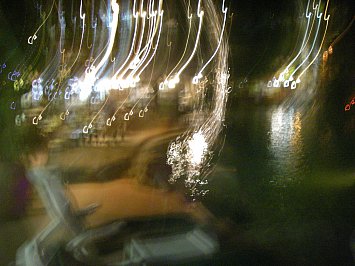
Hai was using English again. He'd learned it many years before but it had been beaten out of him. Literally.
It was a humid afternoon on a ferryboat on the Mekong when I noticed him through the crowd. He was making his way toward me, his eyes wide with yearning.
As with so many Vietnamese he wanted to practice his English, and like so many he had a story to tell.
He had been 18 when he was conscripted into the army of what was then South Vietnam. It was 1966 and the war was really hotting up. He worked alongside the Americans and later became an NCO.
I spoke good English then, he says apologetically in excellent English.
As other passengers slump in the heat he tells me what happened to him when Saigon fell to the army of the north in April 1975.
At that time his unit was 100 kilometres away and by the time he heard the news he knew it would be too late to join his American friends and be evacuated. So he went back to his parents' village and waited. Soon enough they came for him and took him to a re-education camp. That was where he learned, on point of punishment, not to speak English.
He was there for three years, and was then sent to a collective farm for another two. He was given a small daily ration of rice but fortunately had some money from the army which he had given to his parents who hid it. That paid for extra food and medical care, although they had to be careful not to give him so much that it would arouse suspicion.
After his period on the farm he returned to Saigon, now called Ho Chi Minh City, but he still wasn't allowed to work.
As he tells me this we are drifting through the rich green fields of the Mekong Delta, once a free-fire zone controlled at night by the Vietcong. This is the area in which his unit once fought, he says as the smoke from his Jet cigarette drifts from his lips into the warm air. He tells me of his life now.
He and his wife have two small children and once had a shop. But, for reasons he doesn't specify, they no longer do. He does odd jobs, but they are making a living. Today he is going cane-cutting for a week.
My life is normal now, he says as our boat slows near the wharf made of bamboo and worn planks.
Day by day, he is less and less the victim of a headline war which ended in the newspapers decades ago.

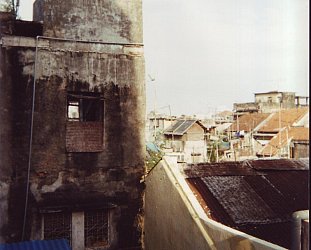
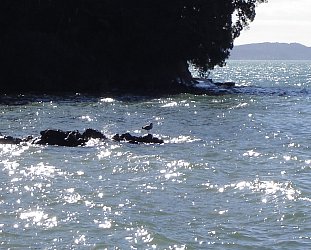

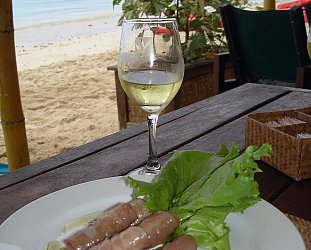
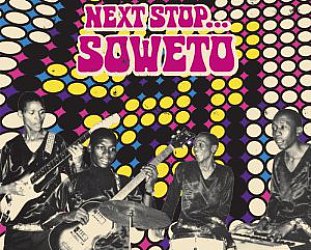
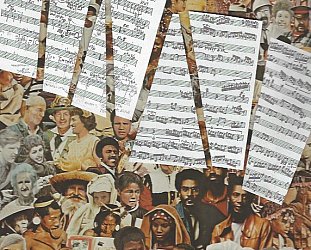
post a comment